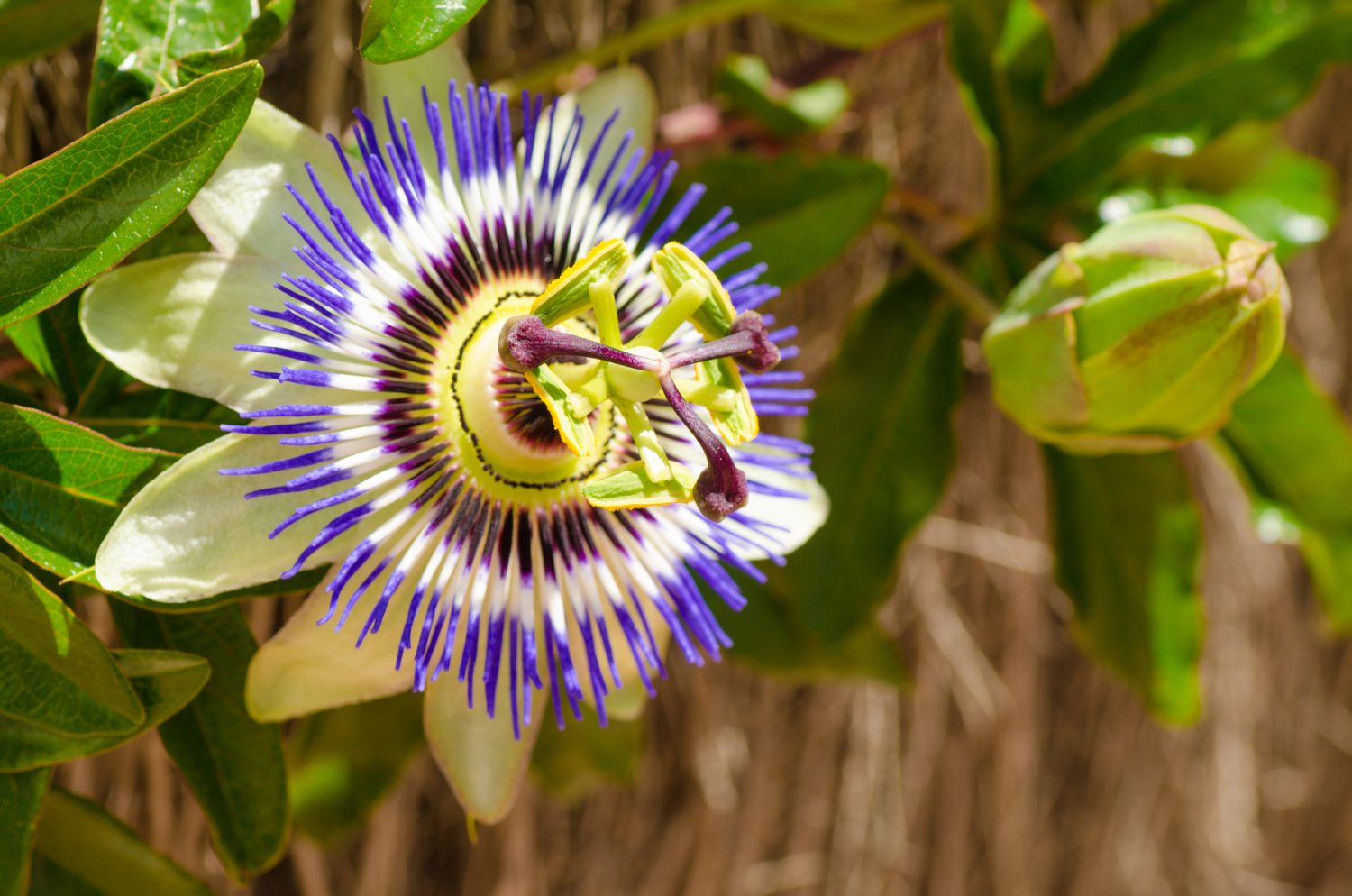Overview:
Passionflower, also known as passiflora, is a plant native to the tropical regions of the Americas. It has been used for centuries as a natural remedy for a variety of health conditions, including anxiety, insomnia, and pain. In recent years, there has been increasing scientific interest in the potential benefits of passionflower supplements, and a number of studies have been conducted to evaluate their effectiveness.
One area where passionflower has shown promise is in the treatment of anxiety. A number of studies have found that passionflower may help reduce anxiety and improve symptoms of generalized anxiety disorder (GAD). In a randomized, double-blind, placebo-controlled trial, for example, participants who received passionflower supplements reported significantly lower levels of anxiety compared to those who received a placebo.
Passionflower may also be useful for treating insomnia. Some research has suggested that it may help improve sleep quality and reduce the time it takes to fall asleep in people with insomnia. In a randomized, double-blind, placebo-controlled trial, participants who received passionflower supplements reported significantly better sleep quality compared to those who received a placebo.
Passionflower may also have pain-relieving effects. Some studies have found that it may help reduce pain, including headache and toothache pain. In a randomized, double-blind, placebo-controlled trial, participants who received passionflower supplements reported significantly less headache pain compared to those who received a placebo.
In addition to its potential benefits for anxiety, insomnia, and pain, passionflower has also been studied for its effects on opioid withdrawal. Some research suggests that it may help reduce symptoms of opioid withdrawal, such as anxiety, insomnia, and muscle pain.
Passionflower has also been investigated for its potential benefits in the treatment of attention deficit-hyperactivity disorder (ADHD). Some studies have found that passionflower may improve symptoms of ADHD, such as inattention and hyperactivity.
Side Effects of Passionflower – Passiflora:
Passionflower, also known as passiflora, is generally considered safe when used in recommended amounts. However, as with any supplement, there is the potential for side effects. Here are some potential side effects of passionflower supplements:
- Drowsiness: Passionflower may cause drowsiness, which may be beneficial for people with insomnia, but can be a problem for people who need to be alert during the day.
- Dry mouth: Passionflower may cause dry mouth, which can lead to discomfort and increase the risk of tooth decay.
- Nausea: Some people may experience nausea when taking passionflower supplements.
- Headache: Passionflower may cause headache in some people.
- Allergic reactions: Rarely, some people may be allergic to passionflower or to ingredients in passionflower supplements. Symptoms of an allergic reaction may include rash, itching, hives, swelling, and difficulty breathing.
It is worth noting that the side effects of passionflower supplements may vary from person to person, and more research is needed to fully understand their potential side effects. If you experience any unusual symptoms while taking passionflower supplements, it is important to stop taking them and speak with a healthcare provider.
Summary:
Overall, the evidence supporting the use of passionflower supplements is encouraging, but more research is needed to fully understand their potential benefits and to determine the optimal dosages. If you are considering using passionflower supplements, it is important to speak with a healthcare provider to determine if they are appropriate for you and to determine the proper dosage.









